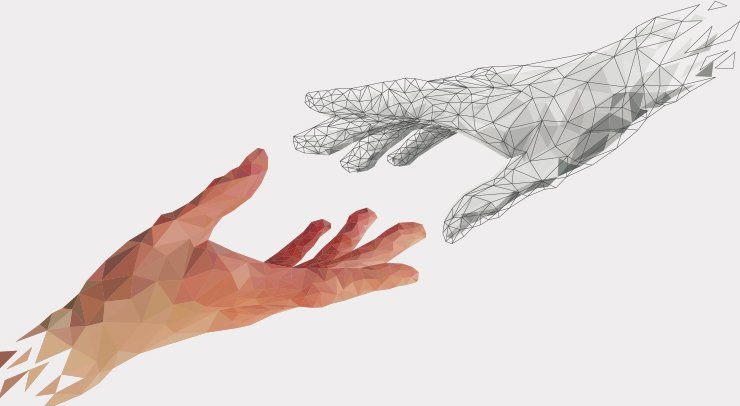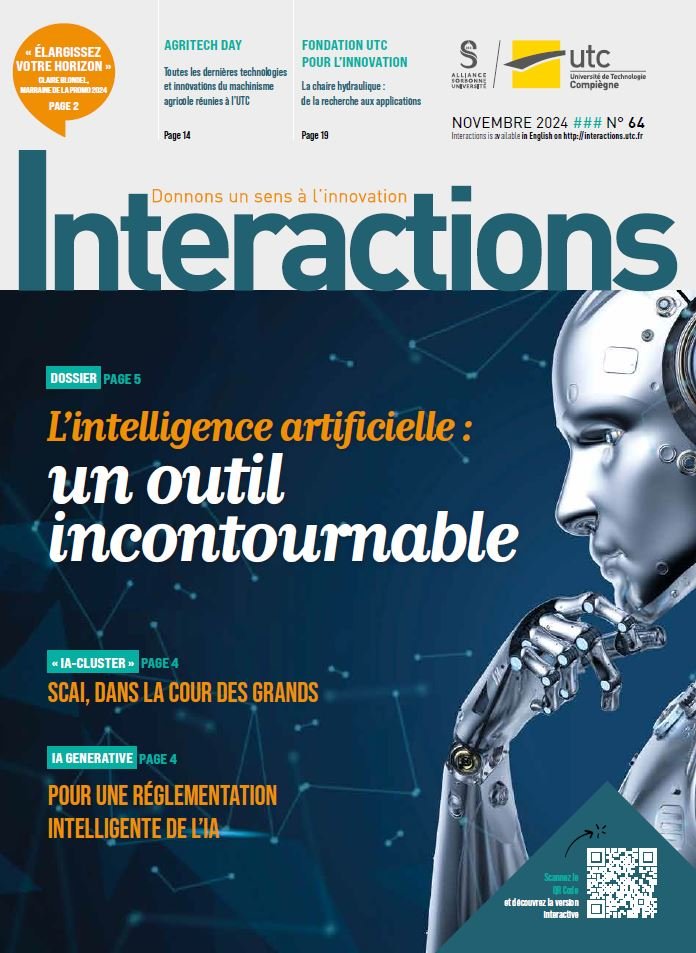Artificial intelligence and knowledge engineering

Marie-Hélène Abel is a full professor at UTC and, since 2020, is director of the Department of computer engineering (UTC-GI). Specialized in the field of artificial intelligence (AI), and more precisely, in knowledge engineering, she gave an inaugural lecture on 1st September 2020.
After successfully defending her doctoral thesis in AI, in 1994 at UTC, more precisely, on “explanatory expert systems”, she was recruited by the University of Picardie Jules- Verne (UPJV) as a lecturer, then, in 2000, moved to UTC.
What exactly is “an “explanatory expert system”? It is a system to which one provides a certain amount of information, linked to a given problem, from which it will implement specific reasoning and come up a set of varied solutions. It will also be able to explain its approach to solving the problem so that the user can accept or reject the proposed solution,» she explains.
Her areas of research? «I am interested in AI and, more specifically, in knowledge engineering, i.e., the work of tool-making of knowledge. Since knowledge is specific to each person, it may seem surprising to work on this theme via tools and machines. However, in the field of AI, the aim is to ensure that humans and machines can communicate and that humans enjoy a sense of mutual understanding. The machine gives an answer that is considered relevant by the human who made the request. In other words, the idea is to use a language that it is able to read and interpret in the same way that a human can,» she says.
These are areas that require increasingly sophisticated algorithms. «An algorithm is a sequence of instructions that must be readable and interpretable by the machine so that it knows what action to take. Take the Highway Code, for example. It is a sum of information from which we all derive the same knowledge. A Stop sign is thus interpreted by all as demanding a vehicle stop. In the case of algorithms, we can speak of symbolic manipulations carried out by the machine. Manipulations that make sense to the user,» she adds.
Your message to students? «That they should not be afraid of AI because we are often afraid of what we do not know. You have to seize the tools of AI, take advantage of all its potential while admitting its inherent limits and risks. We must therefore be vigilant and impose an ethical framework on ourselves,» concludes Marie-Hélène Abel




